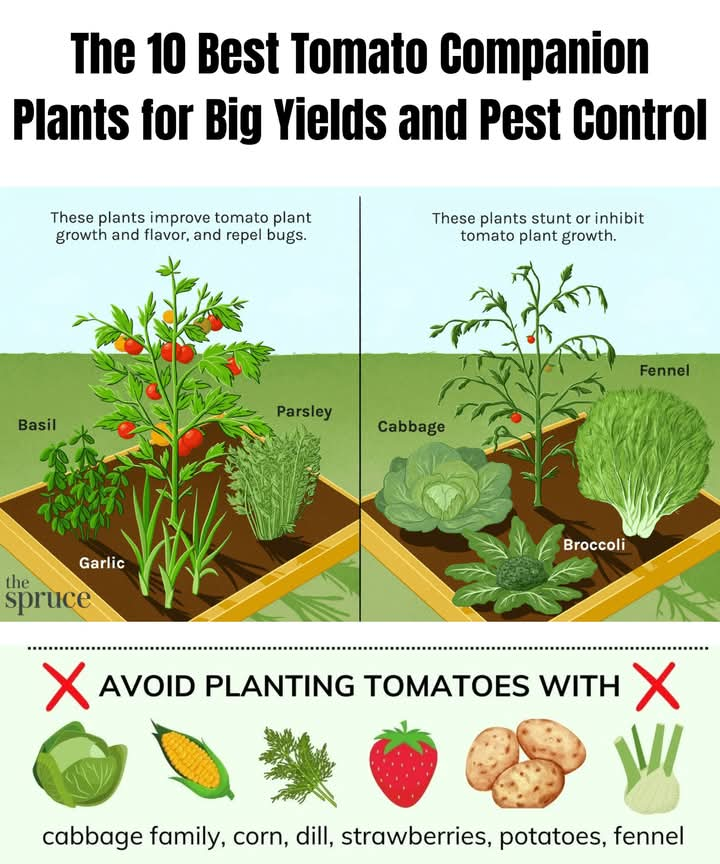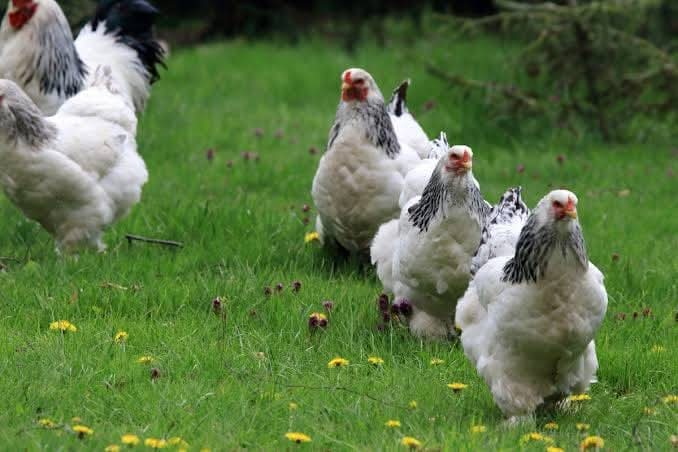Chicken Breeds in Agriculture
Chicken Breeds in Agriculture
In poultry farming, different chicken breeds are selected based on their specific qualities, such as meat production, egg-laying ability, hardiness, or adaptability to local environments. Below are some common types of chicken breeds used in agriculture:
1. Layers (Egg-Laying Breeds): These breeds are primarily raised for high egg production. They are typically lighter and more active.
Leghorn: Known for its prolific egg-laying ability, this breed lays white eggs and is very popular in commercial egg production.
Rhode Island Red: Hardy and adaptable, these chickens lay brown eggs and are suited to various environments.
Isa Brown: A hybrid breed known for its consistent and high egg production, typically laying large brown eggs.
2. Broilers (Meat-Producing Breeds): These breeds are raised specifically for meat production. They are usually larger, grow quickly, and are ready for market in a few weeks.
Cornish Cross: This is the most common breed for commercial meat production due to its rapid growth and large size.
Jersey Giant: A heritage breed known for its substantial size, though it grows slower than the Cornish Cross.
Bresse: A French breed famous for its flavor and high-quality meat, often considered a delicacy.
3. Dual-Purpose Breeds: These breeds are versatile and used for both eggs and meat, making them popular for small farms and backyard flocks.
Plymouth Rock: Known for its hardiness and good egg-laying capabilities, this breed is also excellent for meat.
Orpington: A calm and friendly breed, valued for its consistent egg-laying and tasty meat.
Sussex: Known for its adaptability and hardiness, this breed is good for both egg and meat production.
4. Heritage Breeds: These are traditional breeds that have been bred over generations and are valued for their natural foraging instincts, adaptability, and longevity.
Australorp: A hardy breed from Australia known for exceptional egg-laying and meat production.
Brahma: A large breed known for its winter hardiness, calm nature, and suitability for both eggs and meat.
Wyandotte: Popular for its attractive plumage, good egg-laying, and meat qualities.
Each breed has its strengths and is chosen based on the goals of the farmer, local climate, and resources. In sustainable and organic farming, dual-purpose and heritage breeds are particularly valued for their resilience and well-rounded benefits.




